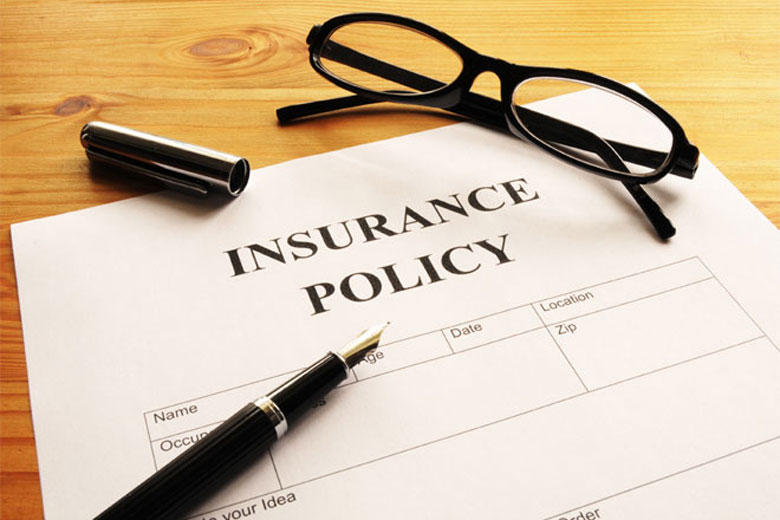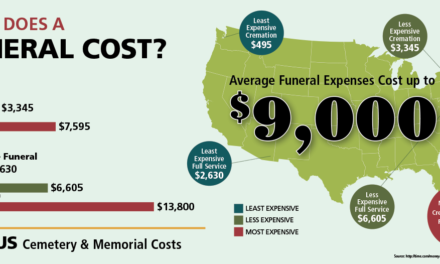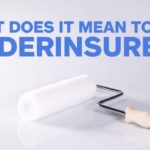In a world with myriads of options when it comes to insurance policy providers, understanding some basics can come in handy when choosing the right partner. In addition to that, it ensures that you don’t fall victim to fraudsters who will lie to you. You would think you have insurance cover only to learn that that’s quite far from the truth. That’s why you need to understand the significant parts of any insurance policy. What makes it complete or otherwise? To find out, ensure that you read this piece. It is as simple as possible to ensure that you understand every part and its significance excellently. Besides, we understand that not everyone is an expert in this field. So, let’s delve into this essential topic making it easy to understand.
-
The Declarations Page
It is one of the significant parts of any insurance policy. In most cases, people refer to it as the policy’s dec page. That doesn’t mean that its content is usually on a single page. On the contrary, it can be more than one page depending on the plan and the insurer, among other determining factors. It is the first page of your insurance policy. Ensure that it includes the following details;
- It should indicate the type of coverage that this particular insurance policy provides
- What’s covered by the policy? It could be people, assets, or both depending on the plan
- What’s the premium and period of the policy, among other similar details?
- The endorsements in that policy, either the number or a list
- The coverages’ deductibles and dollar limits
- Any discount that applies to that policy
-
Definitions
Every detail in the insurance policy needs to be crystal clear. This section becomes one of the significant parts of any insurance policy to ensure that. It defines everything that may come out as ambiguous. After all, the two parties may have to go to court, especially if conflicts arise during claims. If that happens, the insurance provider wants to ensure that he is not at a disadvantage due to any ambiguity. That’s where this section comes in. As the name suggests, it contains the definitions of all the common words included in the policy documents. It strives to make all the meanings as straightforward as possible.
As you go through your insurance policy, take note of quotations, boldface font, and italics, among other special formattings. Once you see such, it goes without saying that these terms have been described in the definitions segment. That definition stands out when determining whether the coverage includes or excludes certain things. As for the rest of the words used, one can interpret it as they wish as long as it is reasonable.
-
Insuring Agreements
Besides being one of the significant parts of any insurance policy, this segment carries more weight than the rest. It answers several crucial questions. Some of them are what and who the policy covers. Given the premium you pay, what should you expect or not expect from your insurance provider? This part answers such million-dollar questions. It is where the policy makes what it will be paying for as straightforward as possible. Is it paying the legal defense fee, property damage, and bodily injury, to mention a few? The answer to that question also falls under this section.
Some insurers refer to this segment as the Policy Coverage. Equally important, there are high chances of having several insuring agreements for various coverage parts. If you want a broad overview of your coverage scope, this is the best place to go in most cases. As for the narrow scope, you can always turn to other parts, including Definitions and Exclusions. No wonder experts recommend that you read all three sections extensively before signing any policy contract. Doing so will give you a clear picture of what to expect from the insurance plan.
-
Exclusions and Limitations
The exclusions often come right after the insuring agreement. As mentioned above, these sections are essential and go hand in hand. Whereas ensuring agreement includes what’s covered, exclusions list what’s not covered. It ensures that you only file a claim when necessary. An excellent example is the homeowners’ policies.
In most cases, you will find damages from floods, earthquakes, and other similar perils among their exclusions. The same case applies to wear and tear damages when it comes to auto insurance policies. It is important to note that not all exclusions fall in this category. Some are anywhere in the document hence the need to be as keen as possible.
As for the policy limit, expect them to be listed on the declaration page. Their application is described in the Limits of Liability section. How much should you expect from your insurance provider, given the policy? What’s the maximum compensation when covered? The amount may differ from one case to the other since damages may be different. However, there is an amount that can’t be exceeded. That’s what the experts in this industry call the policy limit.
-
Conditions
Here is a list of the conditions you need to meet to get any compensation from the insurer. Failure to do so will see your insurance provider deny the claim. For instance, you need to protect your property even after damage to ensure that it doesn’t worsen. The insurer may also require to inspect the loss or damage before the compensation. Again, please don’t deny the provider that lest you lose your claim. So, please take note of these conditions to ensure that you meet them. Otherwise, the insurance provider will not hesitate to deny your claim.
Conclusion: The Significant Parts of Any Insurance Policy
The importance of an insurance policy is undeniable. After all, it is the contract between you and your insurance provider. The significant parts of any insurance policy discussed above make the contract binding. So, ensure that what you are signing has at least these five parts. You don’t want to think you are covered, but your insurer denies it for two or more avoidable reasons upon filing a claim. To avoid buying false insurance claims, use FindMyQuotes to find reliable and reasonable insurance policies. Remember that you can only get compensation if the policy is legit. That can’t be stressed enough, and you need to be keen.











Recent Comments